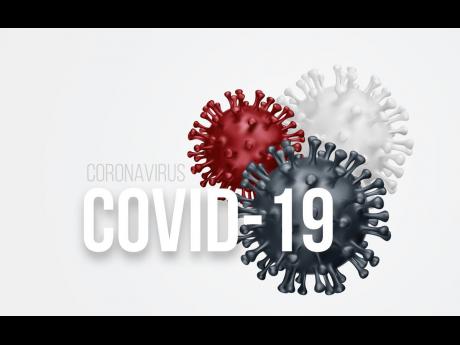Come to care: COVID-19 and persons living with HIV
A lot has been said about the vulnerability of individuals with certain co-morbidities to be at greater risk of COVID-19 complications. For persons with hypertension, diabetes (sugar), respiratory disorders and certain cancers, COVID-19 can have serious or fatal consequences.
Similarly, persons living with HIV (PLHIV) who are not in treatment could be at higher risk of getting severe disease from COVID-19.
Without anti-HIV medicines, the amount of HIV in the body remains high and the immune system is weakened and unable to protect itself from infections, germs and cancers. Inflammation, from the body trying to fight HIV without the help of anti-HIV medicines, hardens the blood vessels, increasing the risk for high blood pressure, heart attack, stroke, and kidney failure. On the other hand, for PLHIV who are in treatment and are currently on their anti-HIV medication, their suppressed viral load means that they are at no greater risk for COVID-19 complications when compared to the general population.
Better health services, more choices
Despite the clear benefits of anti-HIV medication, over half of the estimated 32,000 persons living with HIV in Jamaica are not receiving treatment for HIV. A number of reasons are given for HIV-infected persons not being on medication and being out of care. Many fear HIV-related discrimination, others face economic hardship which affects their ability to come to clinic regularly, and some started treatment but stopped because of challenges with waiting time or even taking tablets. Treatment facilities have received technical and financial support to reduce barriers that prevent PLHIV from coming for medical follow-up. Through assessment by social workers and case managers at the clinics, qualifying patients may receive help with nutrition and transportation. Other support that has drastically improved the quality of services and cut waiting times at clinics includes support for extra clinic hours and longer appointments for stable patients. Indeed, employers with information on employees’ HIV-positive status can do more to protect those staff living with HIV by facilitating flexible work time so that patients do not miss their clinic appointments. When persons living with HIV get the required care, they are just as capable as any other employee.
Improvements in medication and treatment options
In regard to the reported difficulties with consuming medication, this has also been addressed. In days gone by, PLHIV had to take a number of tablets several times a day. Today, there are combined three-in-one tablets, where PLHIV take one tablet at the same time every day. Long wait times in pharmacies are also becoming a thing of the past, as medications can be pre-filled with help from staff and through the National Health Fund by WhatsApp or smartphone app (Quick Prescript). Additionally, patients travelling overseas for several months for work can get several months’ supply, and there are now about 20 private pharmacies across the island where PLHIV can collect anti-HIV medications. People living with HIV may also choose to be cared for by private doctors’ offices, where they may have their medical visit fees paid for through a new programme that supports uptake of HIV services in private care. Care is also available through non-governmental organisations like the Jamaica AIDS Support for Life (JASL), and through CHARES at The University Hospital of the West Indies.
These and other enhancements to HIV care have come as a result of a transformation of customer service in our healthcare system as well as a direct result of partnerships among the Ministry of Health & Wellness, non-governmental organisations, PLHIV, and international partners. Improvements to the delivery of health services for persons living with HIV facilitate early access to effective anti-HIV medications, which allows PLHIV to live a long healthy life, safely have children, enjoy sex safely, and pursue their dreams. Persons who are outside of the system and not on medication are being urged to contact a medical doctor so that they can be linked to medical follow-up at a public, private or non-profit facility of their choosing. Persons can also telephone the ministry’s central hotline at 888-ONE-LOVE (888-663-5683) to be linked to a medical facility.
The above article was contributed by Dr Yohann White, clinical adviser, & Dr Sharlene Jarrett, director, Epidemiology and Strategic Information, University of California, San Francisco Jamaica Country Programme; Jumoke Patrick, executive director, Jamaican Network of Seropositives; info@cvccoalition.org.

